Guide to Living with COPD | CMI Health

What is COPD?
Chronic Obstructive Pulmonary Disease (COPD) is a chronic lung disease caused by inflammation that results in airway obstruction (Mayo Clinic, 2021). COPD is generally caused by long term exposure to lung irritants, most commonly cigarette smoke. Inflammation and airway obstruction can often be attributed to bronchitis and/or emphysema, two conditions that contribute to COPD (Mayo Clinic, 2021). Those diagnosed with COPD can experience a variety of symptoms including coughing, excessive mucus, wheezing, and difficulty breathing (Mayo Clinic, 2021).
Unfortunately, COPD is recognized as a progressive disease that gradually worsens over time. Even so, monitoring your condition and the efficacy of daily treatments may allow for improved disease management overtime, which may slow the rate of disease progression. Proper disease management can also lower the risk of other associated diseases such as heart disease or lung cancer.
COPD Risk Factors
You may be wondering what causes chronic conditions such as COPD. While there are a variety of factors at play, there are 5 common causes that lead to the development of such a condition.
- Genetic Disorder resulting in an alpha-1-antitrypsin deficiency which directly results in COPD.
- Asthma. Those diagnosed with this chronic inflammatory condition may be at a heightened risk for developing COPD.
- Inhalation of Tobacco Smoke
- Exposure to Aerosolized Chemicals and Dust
- Exposure to Fumes Produced from Burning Fuel
How Can I Manage My COPD?
Due to the progressive nature of COPD, it is important to manage symptoms daily. At-home use Pulse Oximeters and Spirometers are medical tools designed to monitor and measure a person’s lung function. These tools allow the user to measure their oxygen saturation, pulse rate, perfusion index, and pulmonary function. These are critical variables when determining overall lung health and performance and may allow the user to evaluate how effective their treatments are or share important health data with their physician.
For those who may not know, Spirometry is an important clinical tool used to measure how well a person's lungs are working. It does this by measuring how much air you are able to exhale and how quickly. It is often used to diagnose and monitor those with asthma, COPD, and other conditions that may affect a user's ability to breathe properly (Mayo Clinic). SpiroLink, CMI Health’s Digital At-home spirometer, is an ideal device for those managing their daily lung health.
Pulse Oximeters are incredibly useful tools that allow users to measure their oxygen saturation periodically or continuously. To be more concise, Pulse oximetry is a test used to measure the oxygen content (oxygen saturation, also known as SpO2 levels) of an individual’s blood (John Hopkins, 2021). In addition to measuring SpO2, pulse oximetry also records overall pulse rate. Understanding and tracking these values daily can provide valuable insight to you or your loved one’s health condition and may allow for improved quality of life.
Want to learn more about what spirometry or pulse oximetry can do for you? Feel free to contact us at info@cmihealth.com with any questions or concerns you may have!




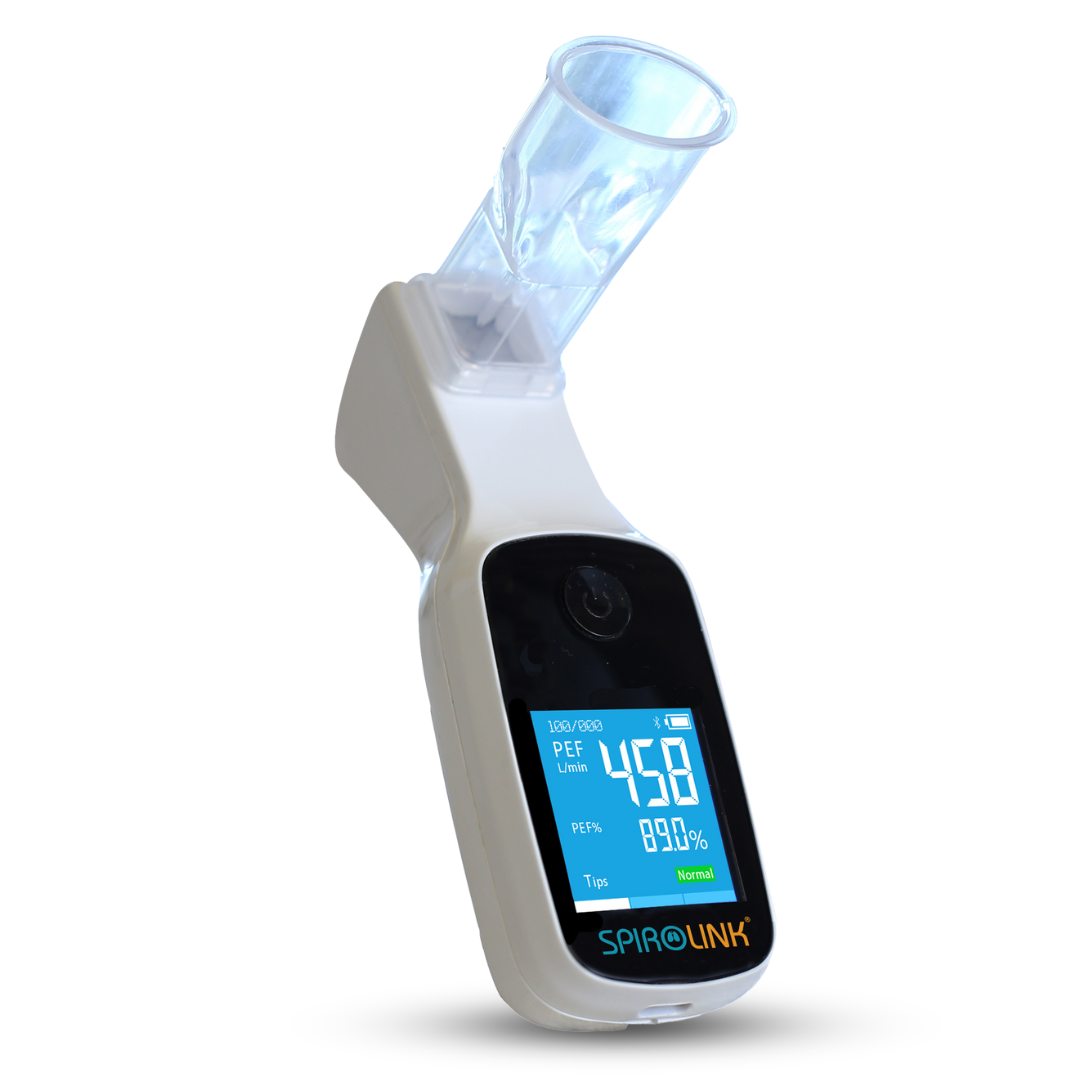
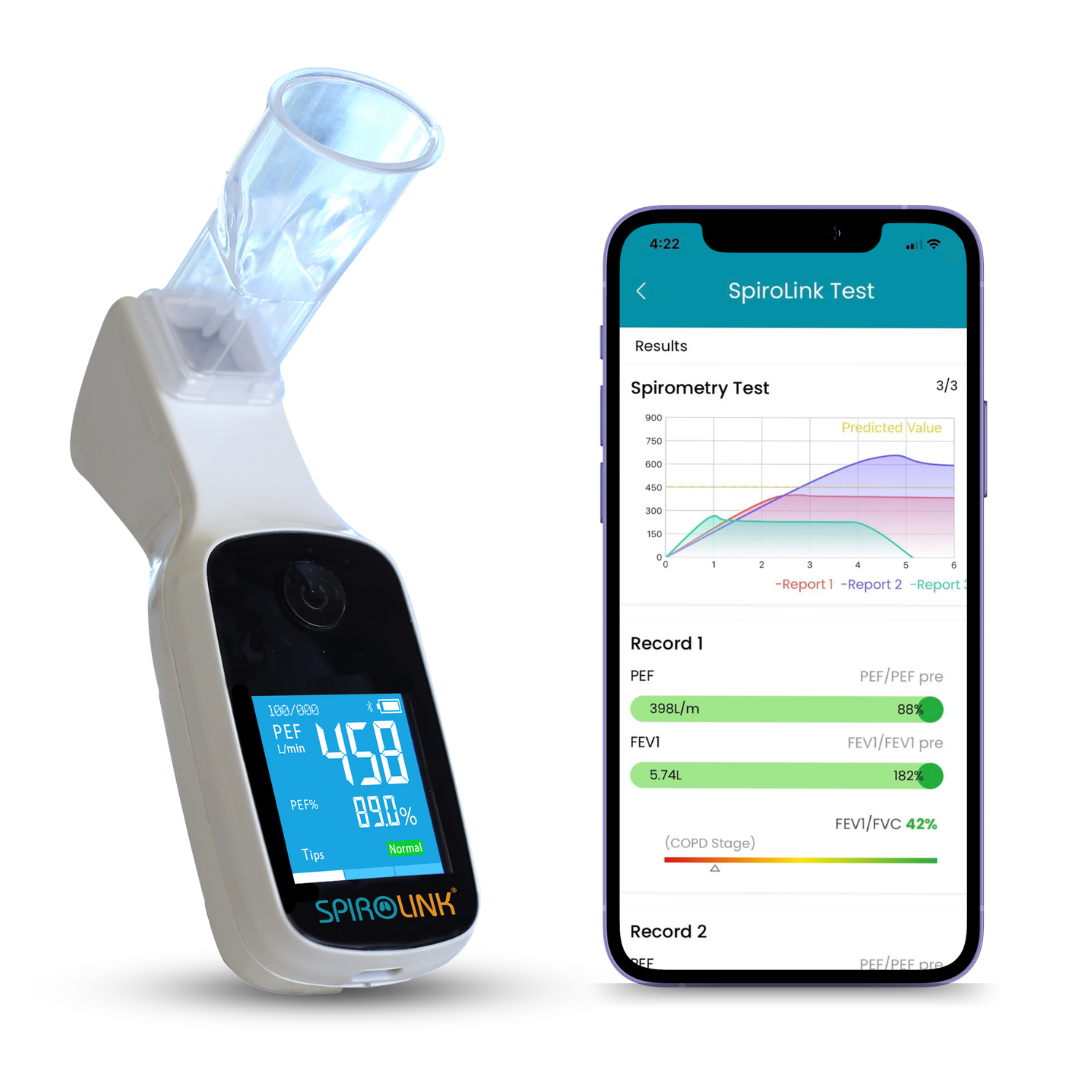
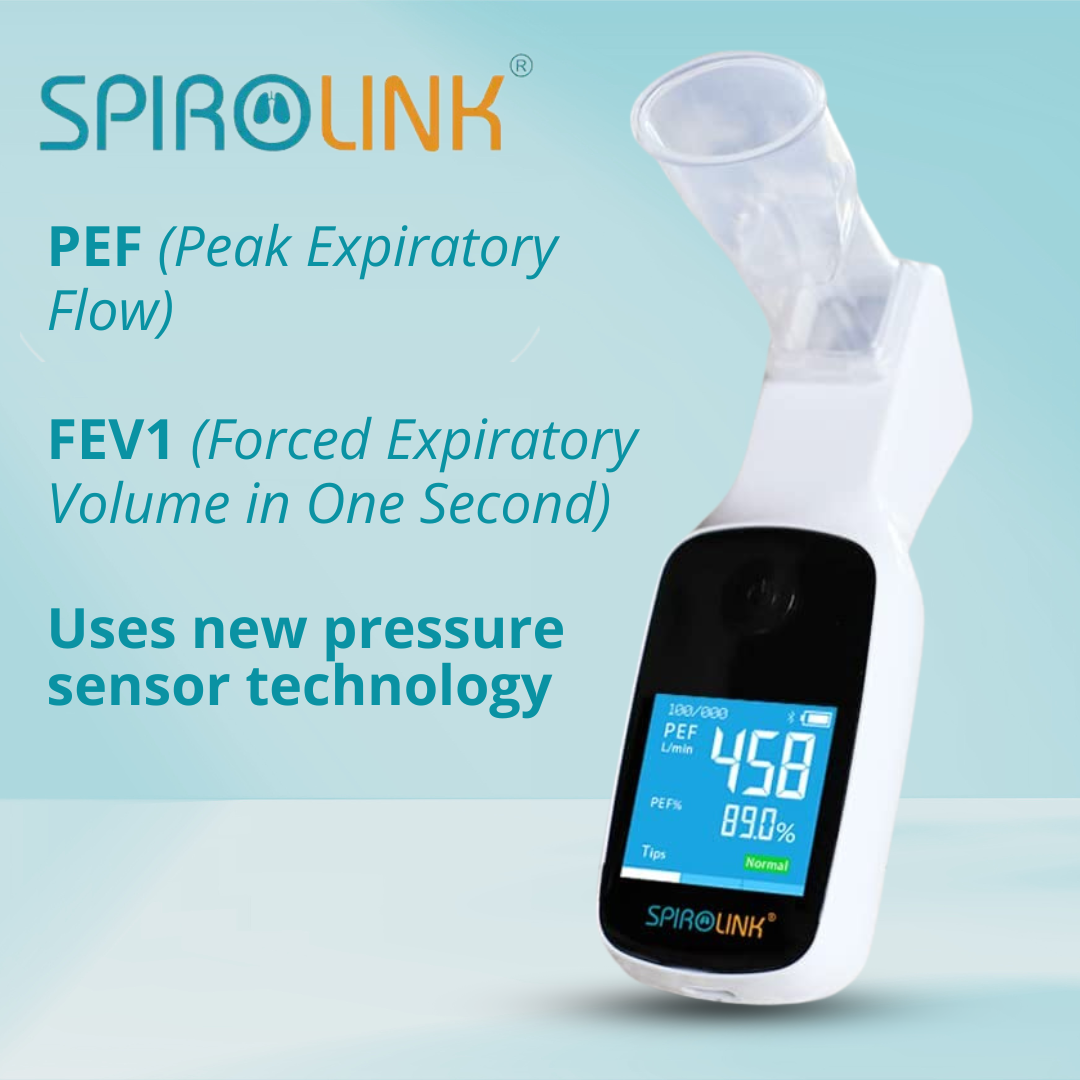

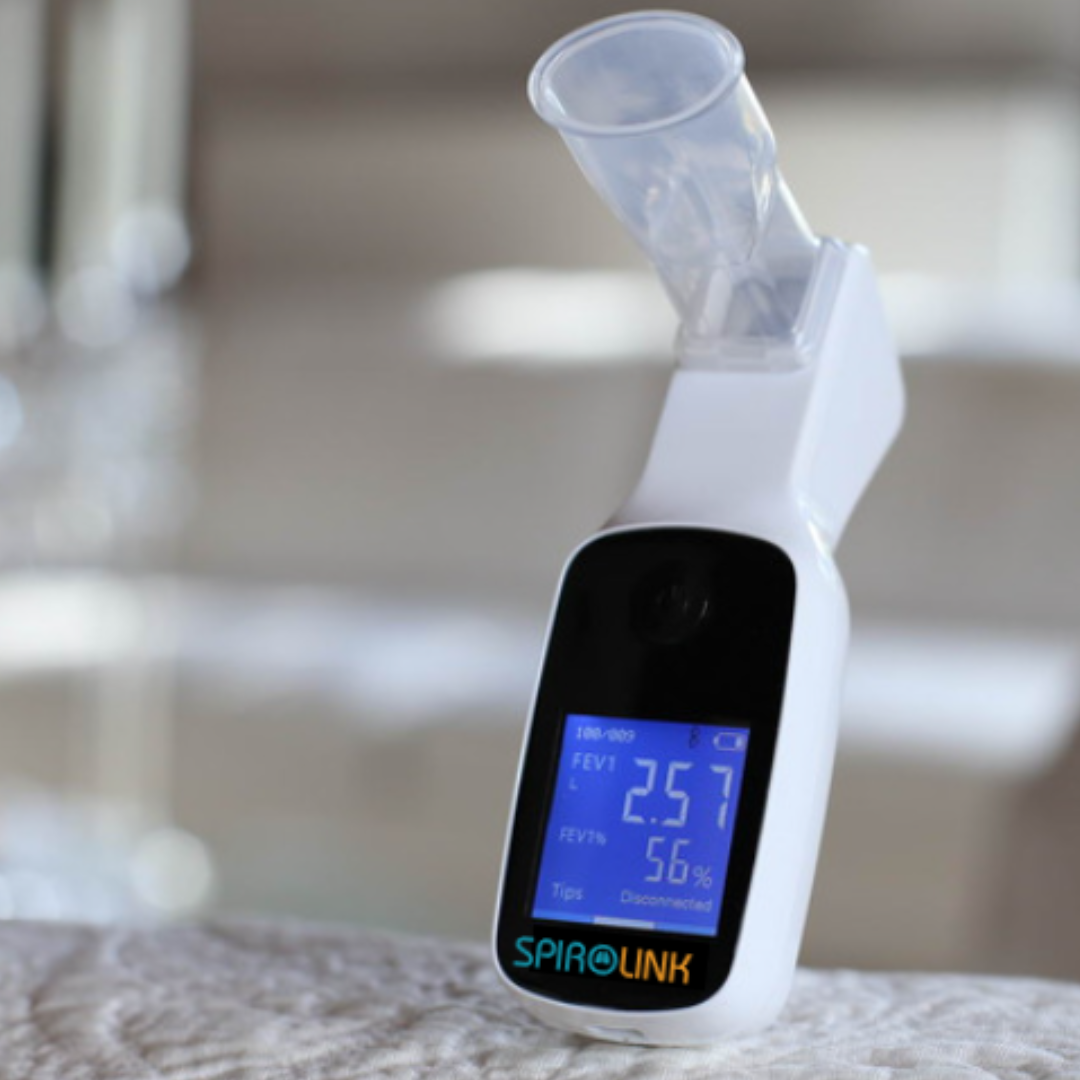
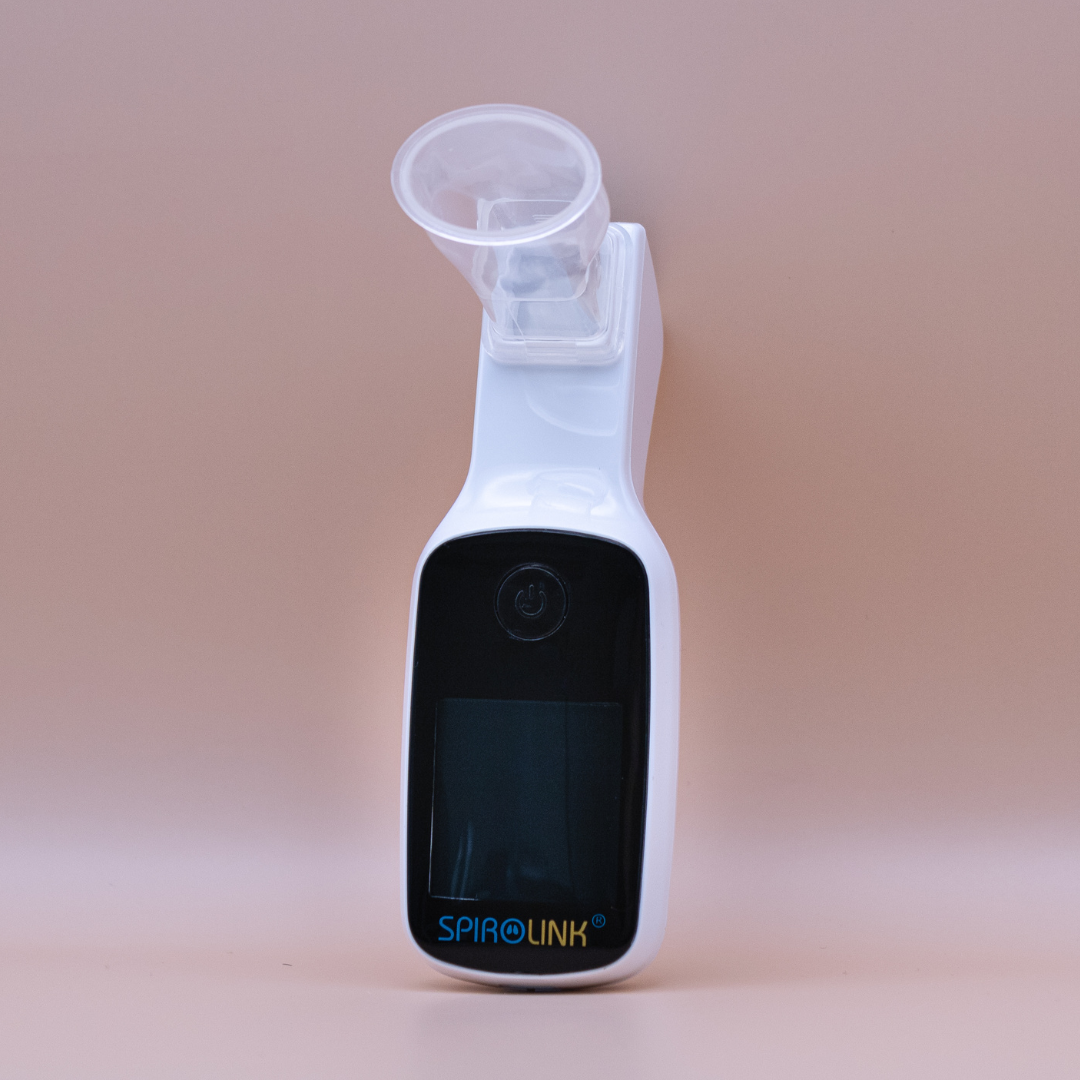

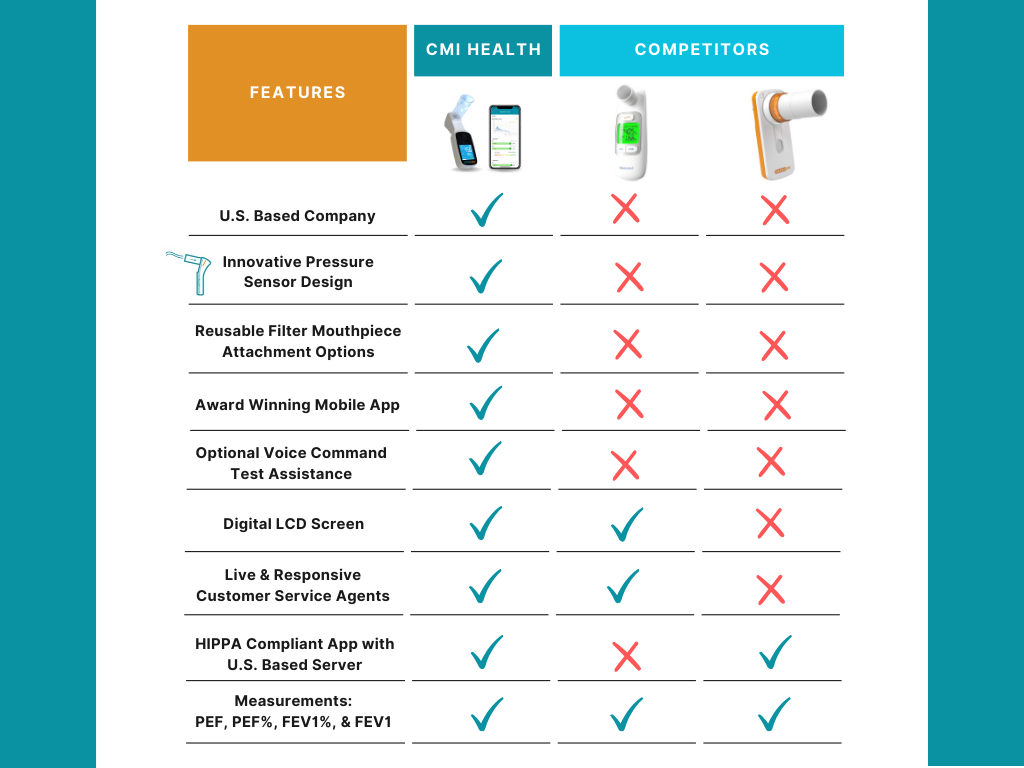
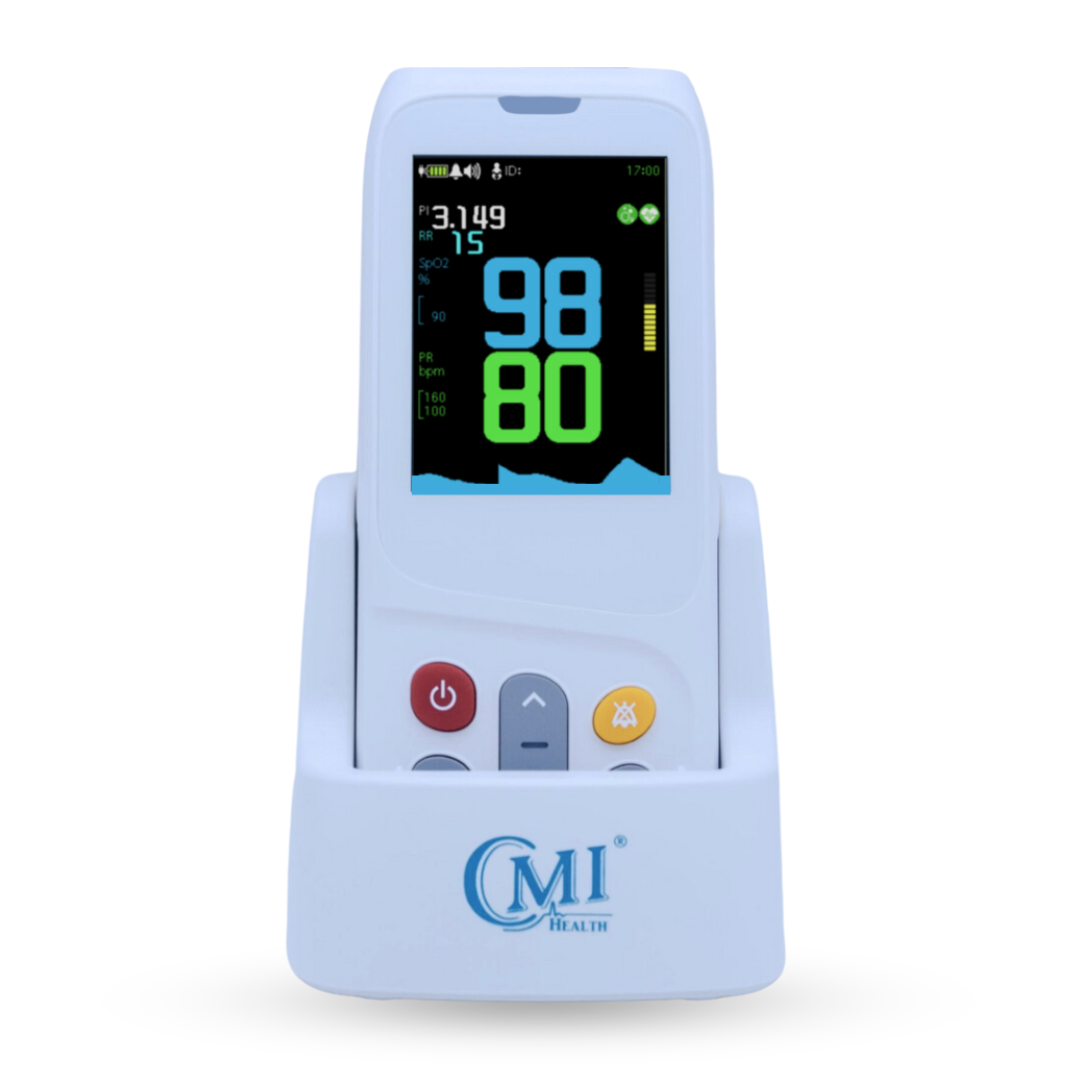
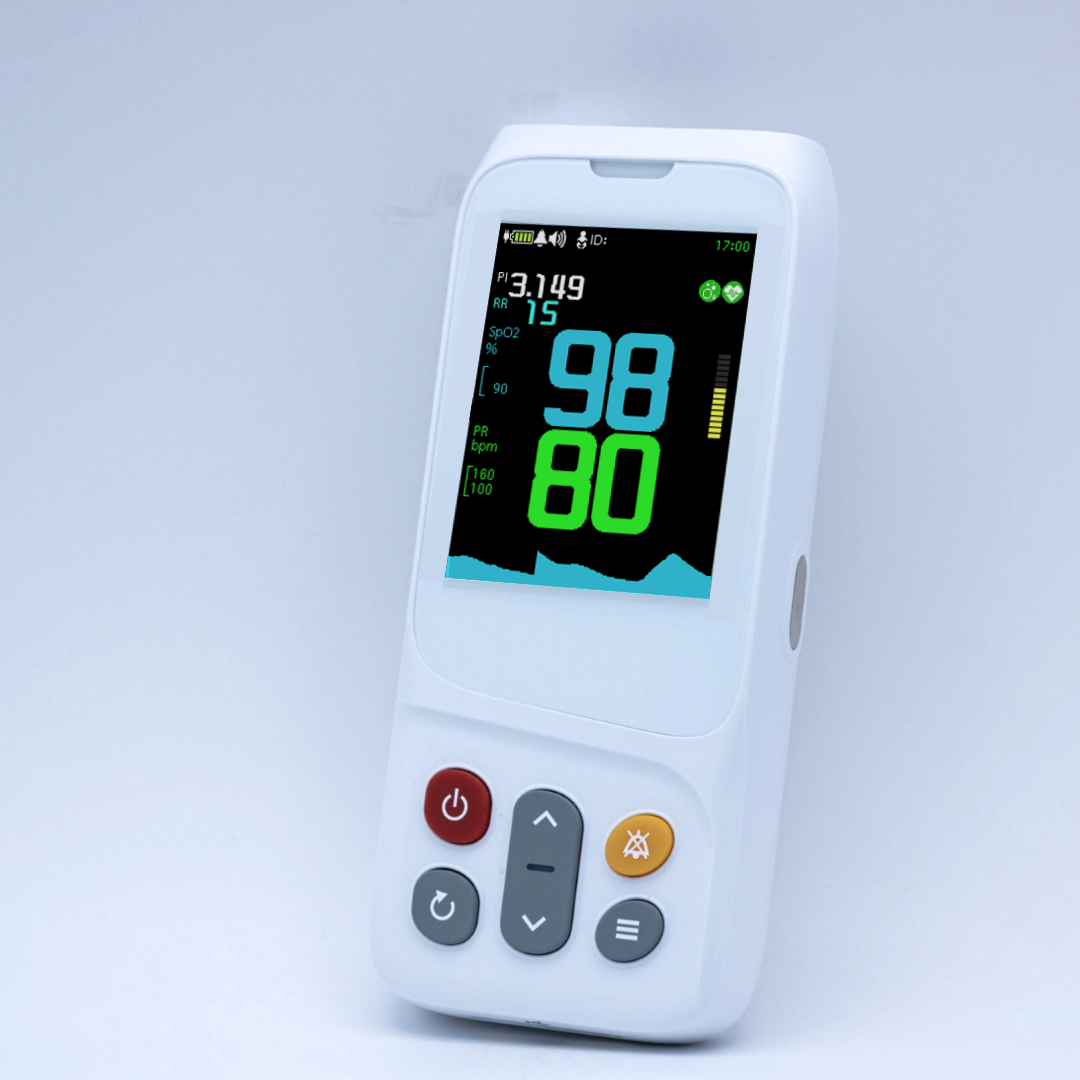
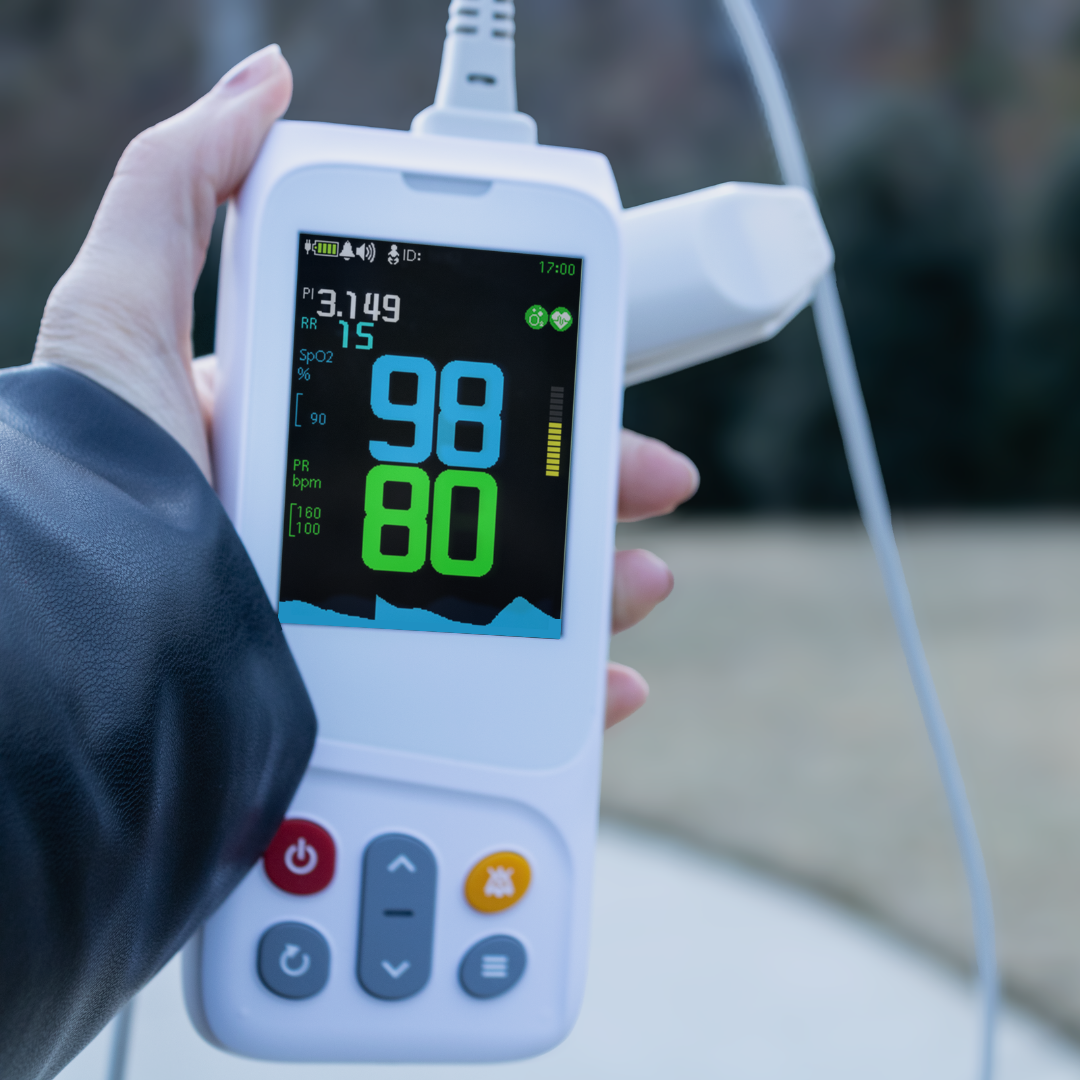
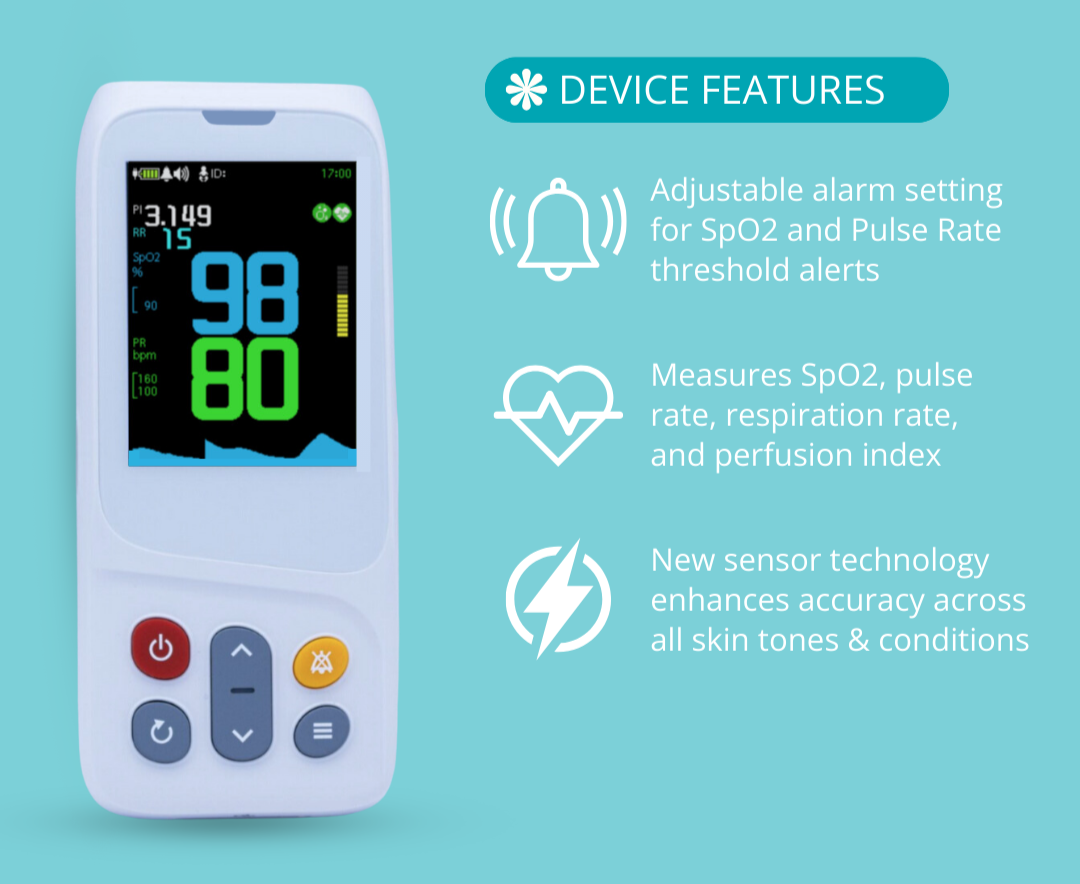
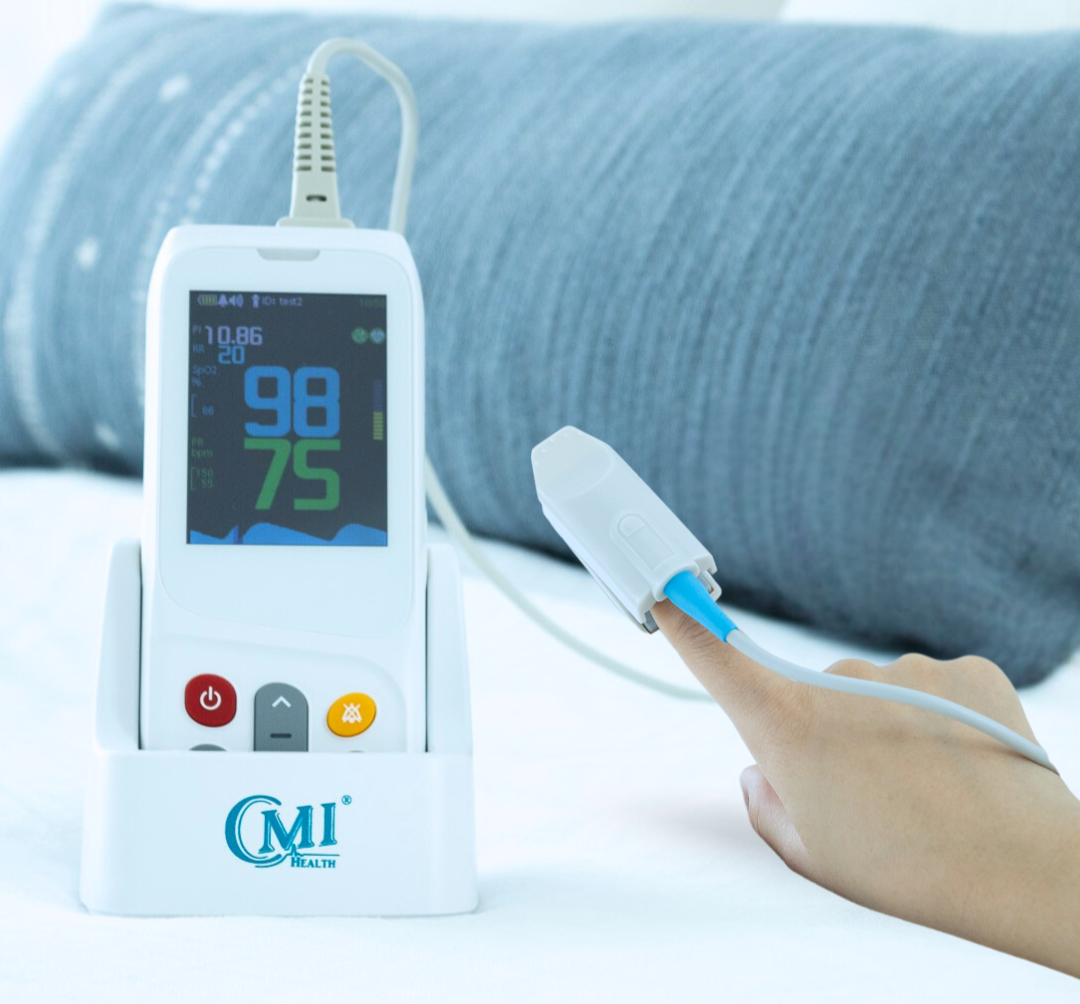
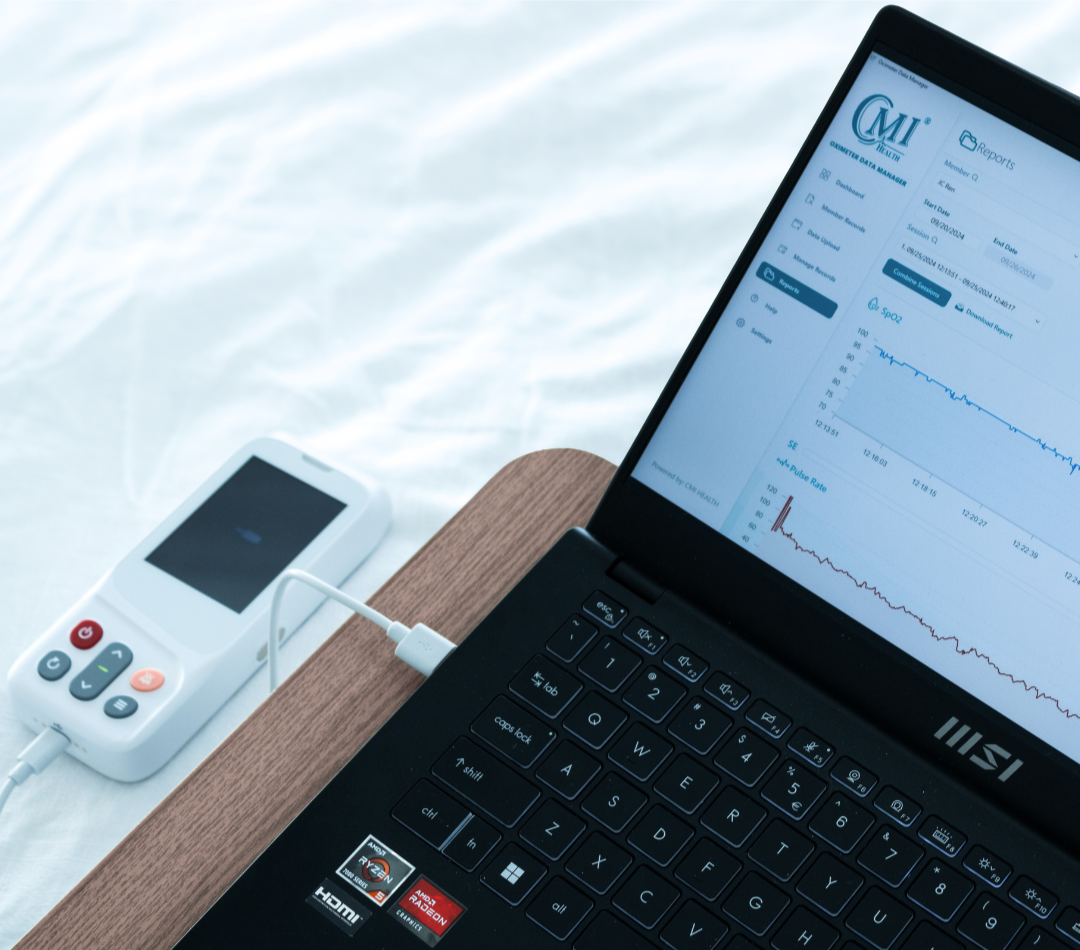
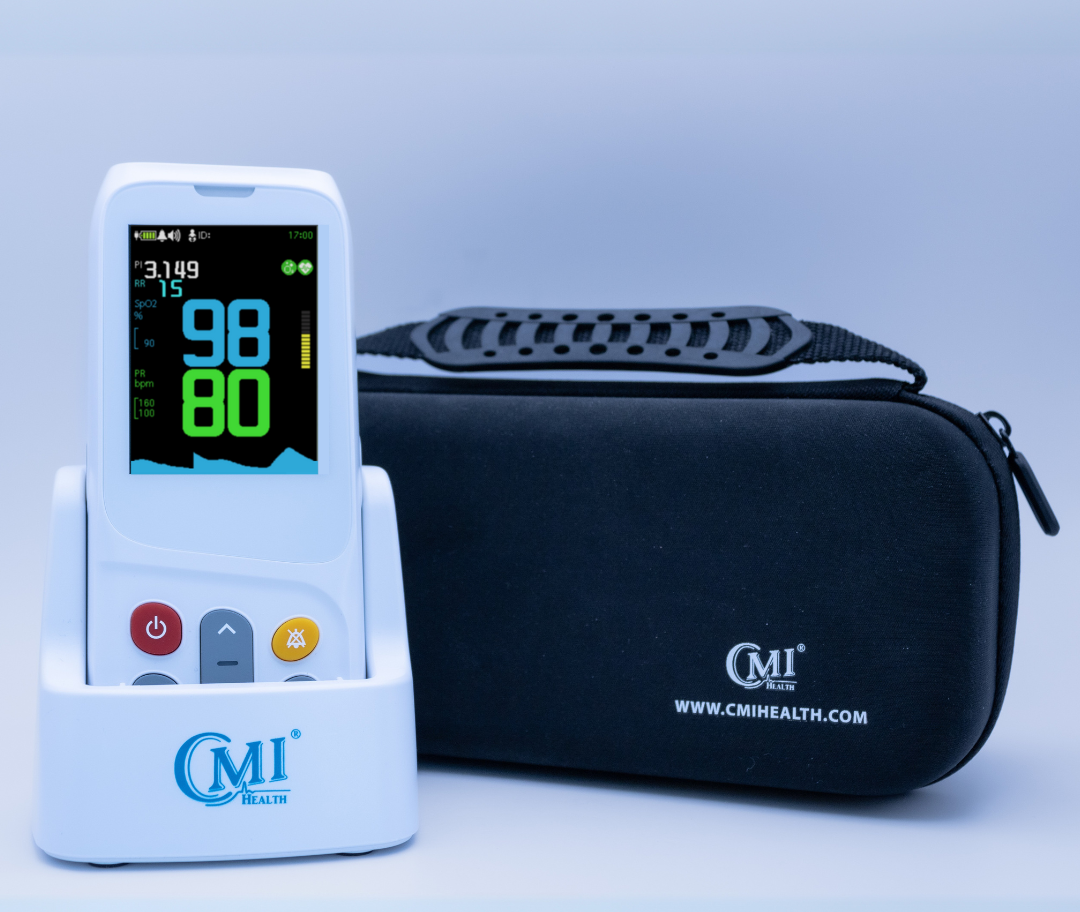
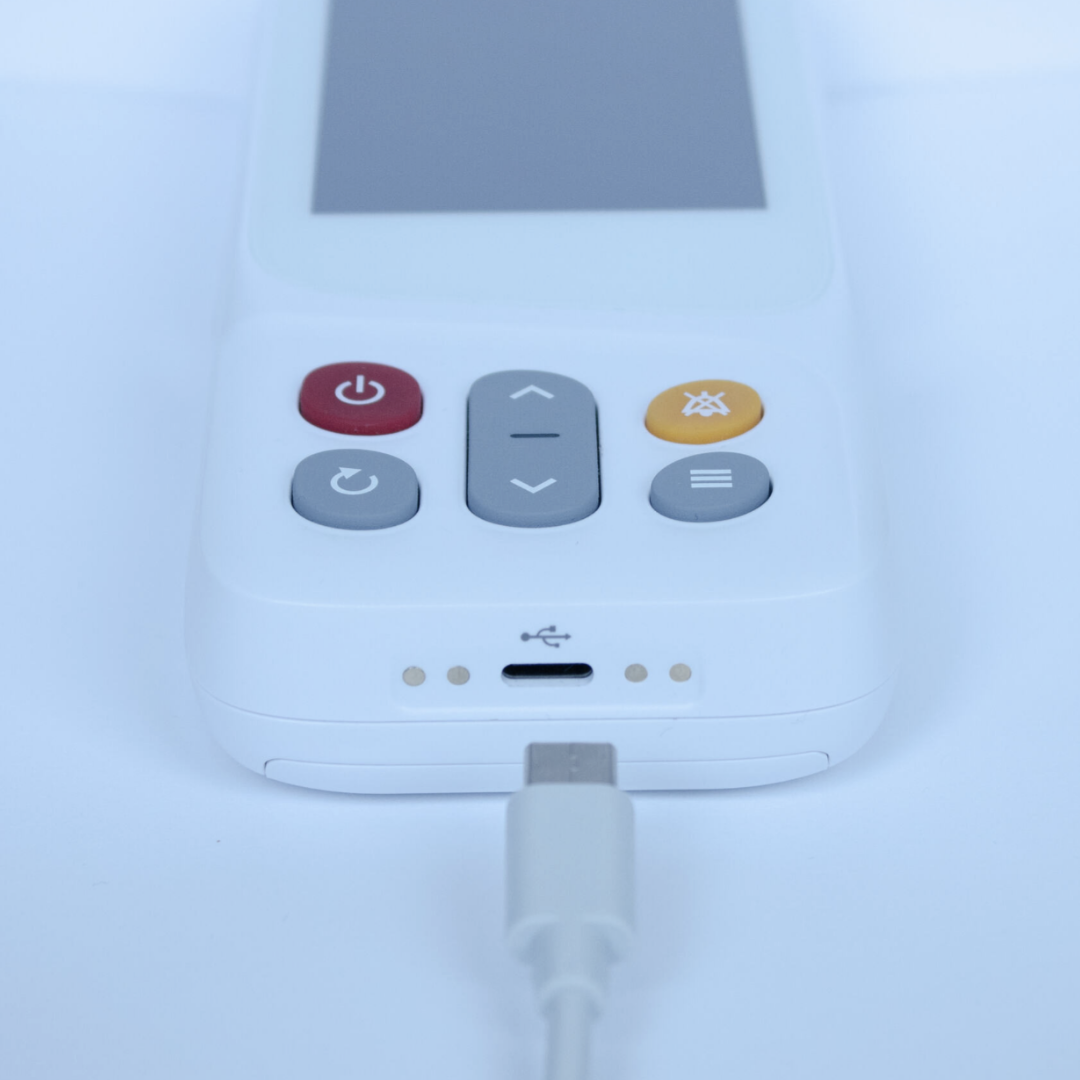
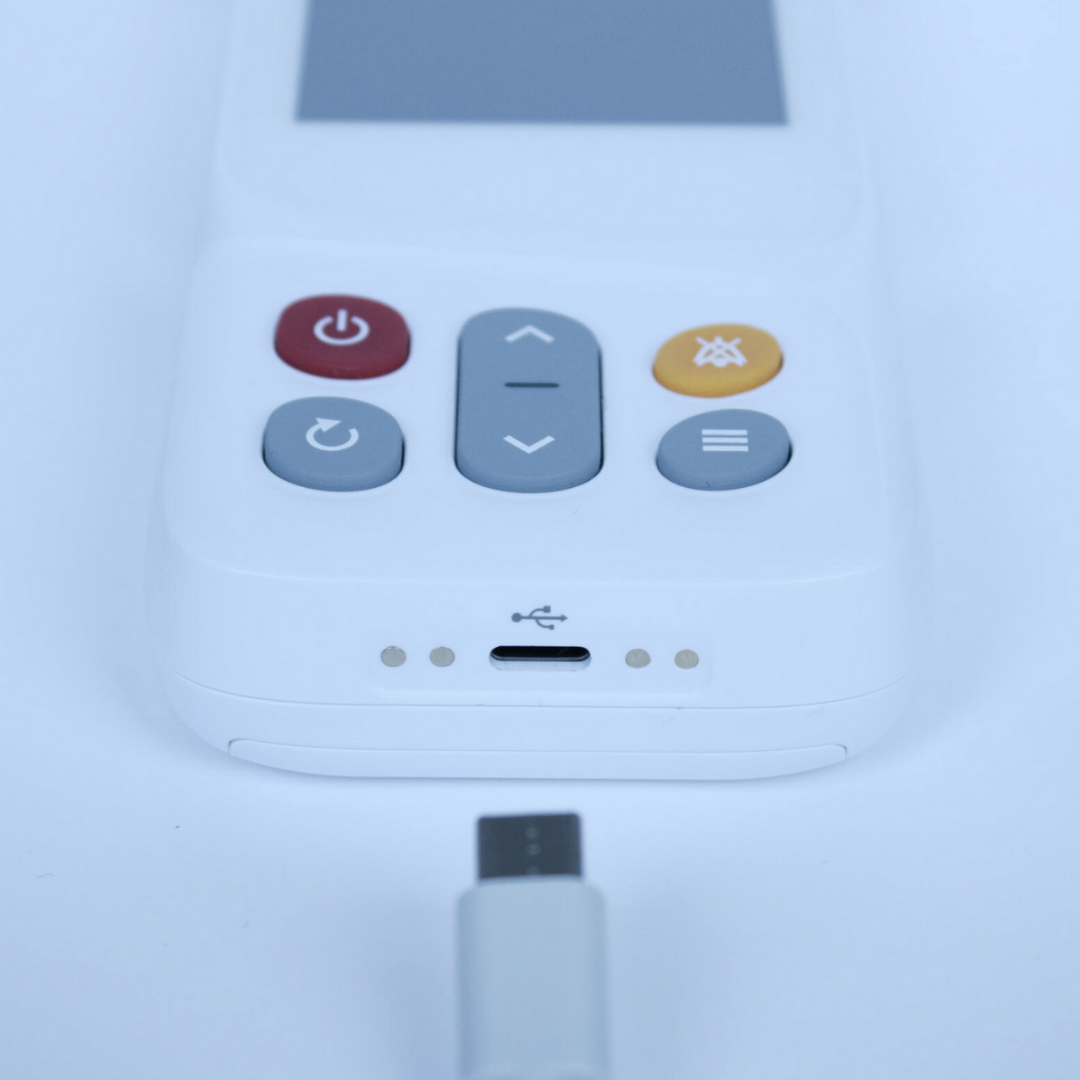
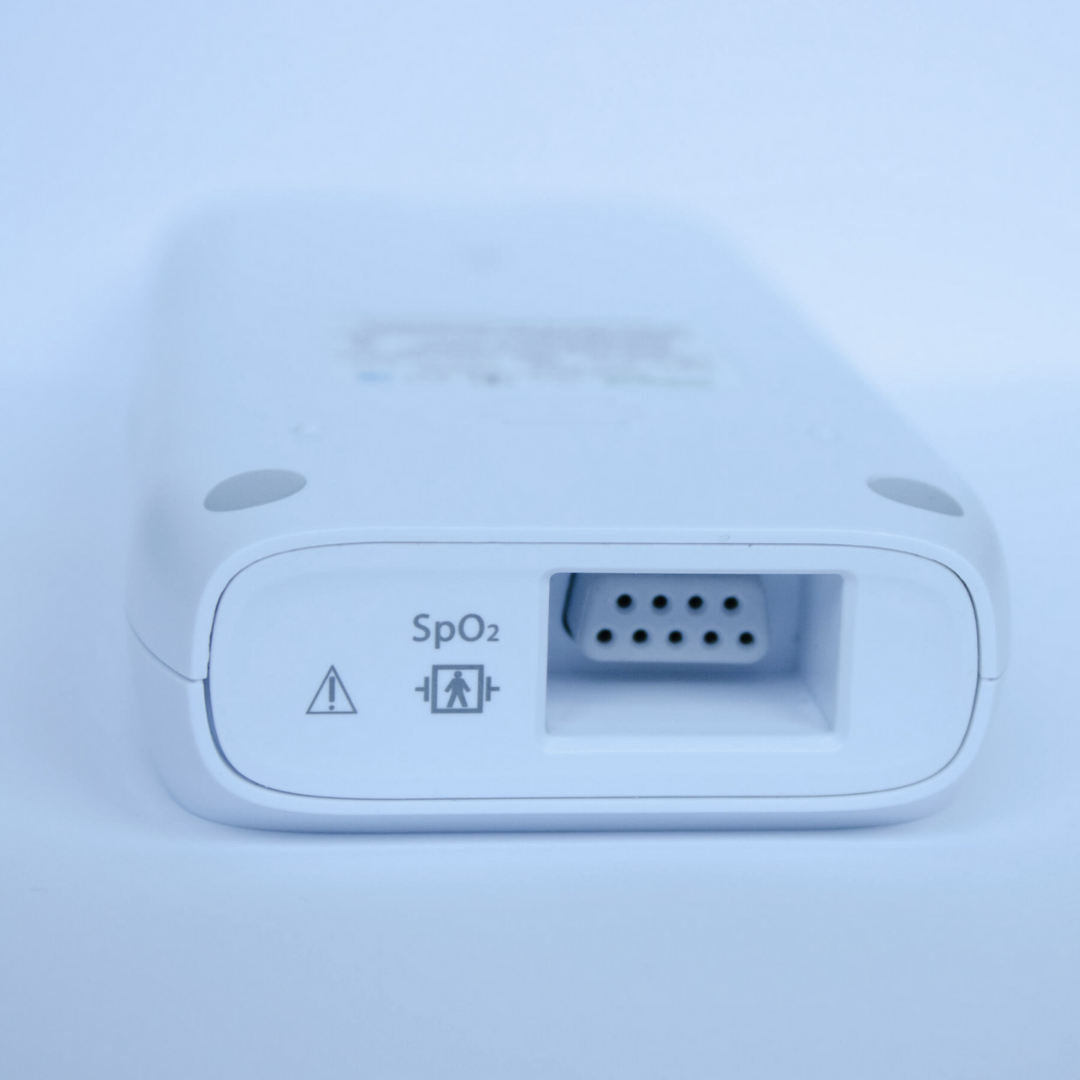
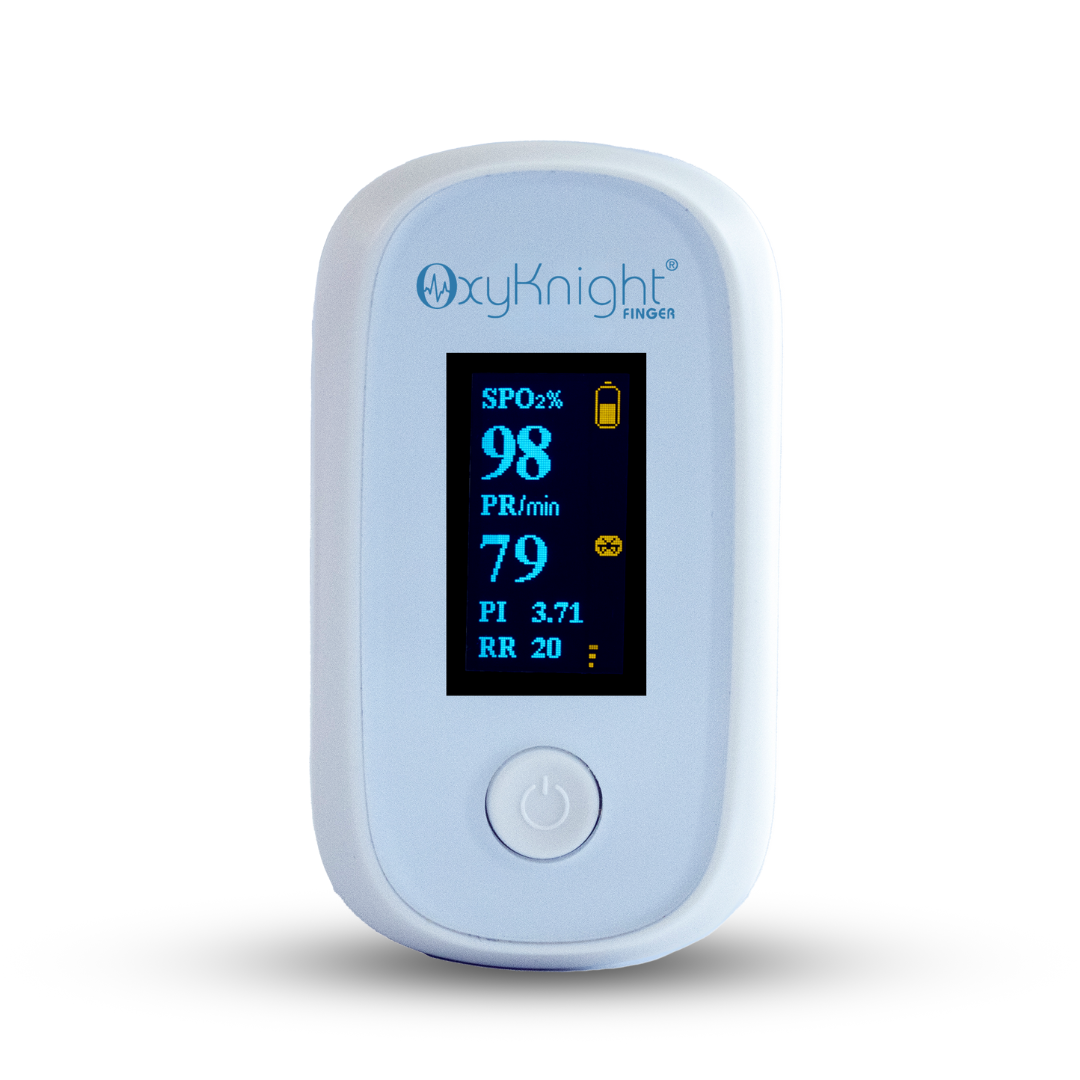












Leave a comment